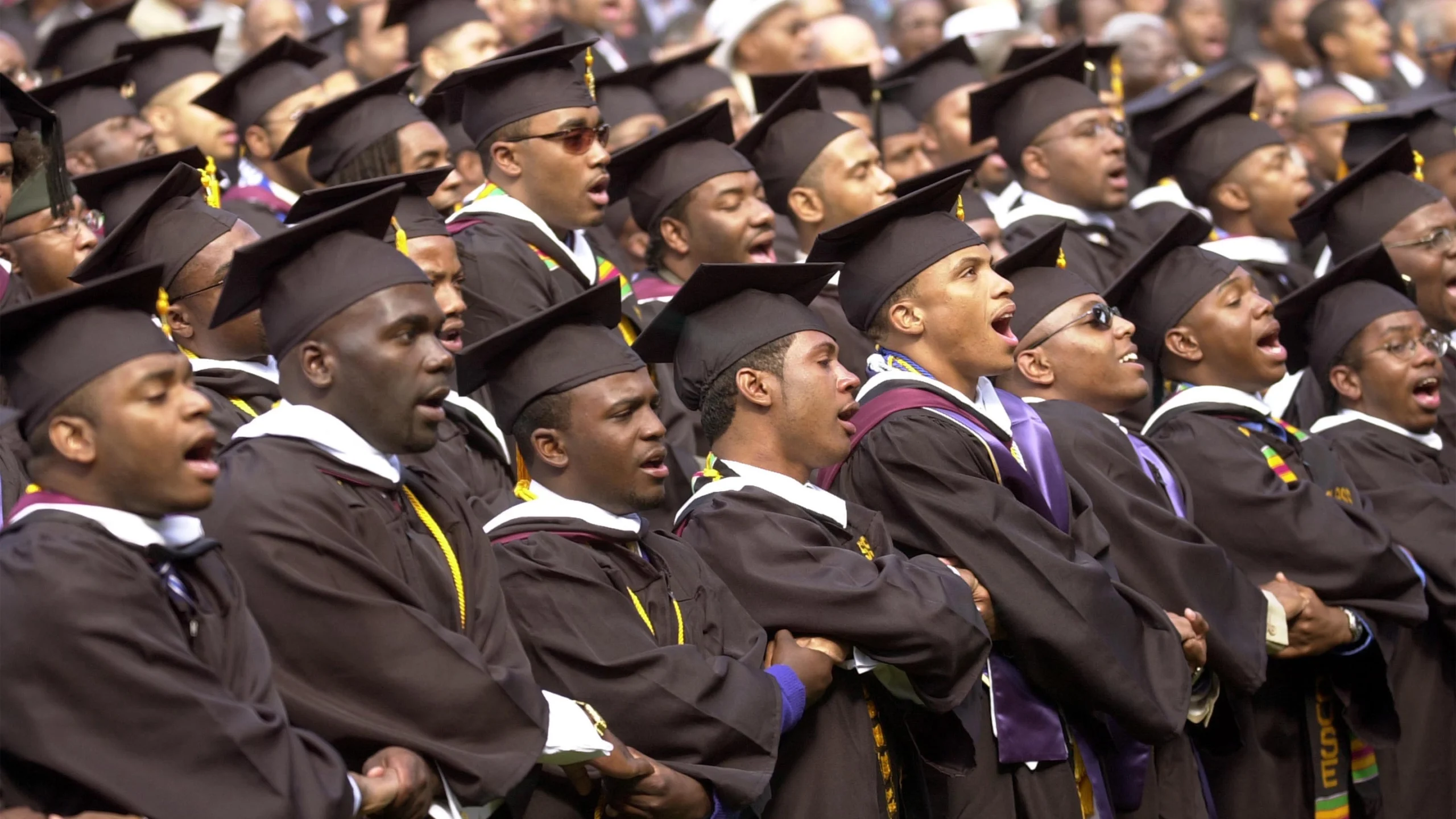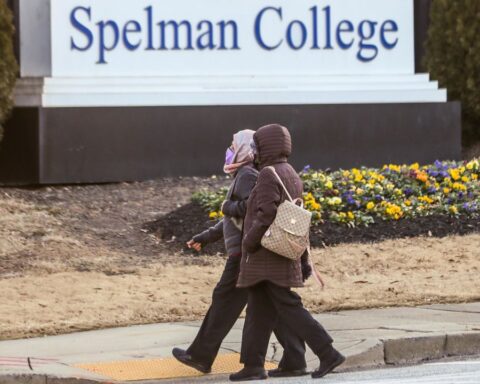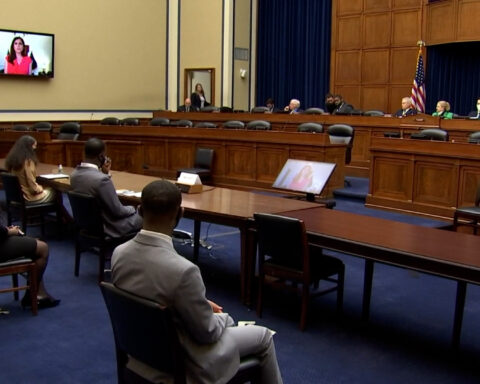By Amy Scott
The bond market may seem like an unlikely place to find racism at work. But a new report suggests that discrimination may play a role in higher borrowing costs for historically black colleges and universities, or HBCUs.
The research was inspired by a conversation with bond traders, said William Mayew, an accounting professor at Duke University and one of the report’s authors. The traders talked about struggling to place bonds issued by HBCUs.
“Their clients would say, ‘Well, what else do you have, do you have something else? I’d prefer not to have that in my portfolio,’” Mayew said.
Because bond traders have to search harder for buyers, Mayew and his fellow researchers found that HBCUs pay 15 to 20 percent more in fees than similar predominantly white colleges – and not because of a higher risk of default, Mayew said. Researchers saw the same effect even when comparing bonds with AAA credit ratings insured by the same company.
“That allows us as researchers to be pretty confident that we’re able to take out the economic effects, and what’s left is racism,” Mayew said.
The cost to issue a $30 million bond is about $50,000 more for an HBCU than for a predominantly white college with the same credit rating.
“That could be a scholarship for 10 students,” said Sidney Evans, who has served as chief financial officer of several historically black colleges – most recently Morgan State University in Baltimore, Md.
“HBCUs are already facing scarce resources,” he said. “If you don’t have the capacity to borrow, you can’t advance your institution.”





